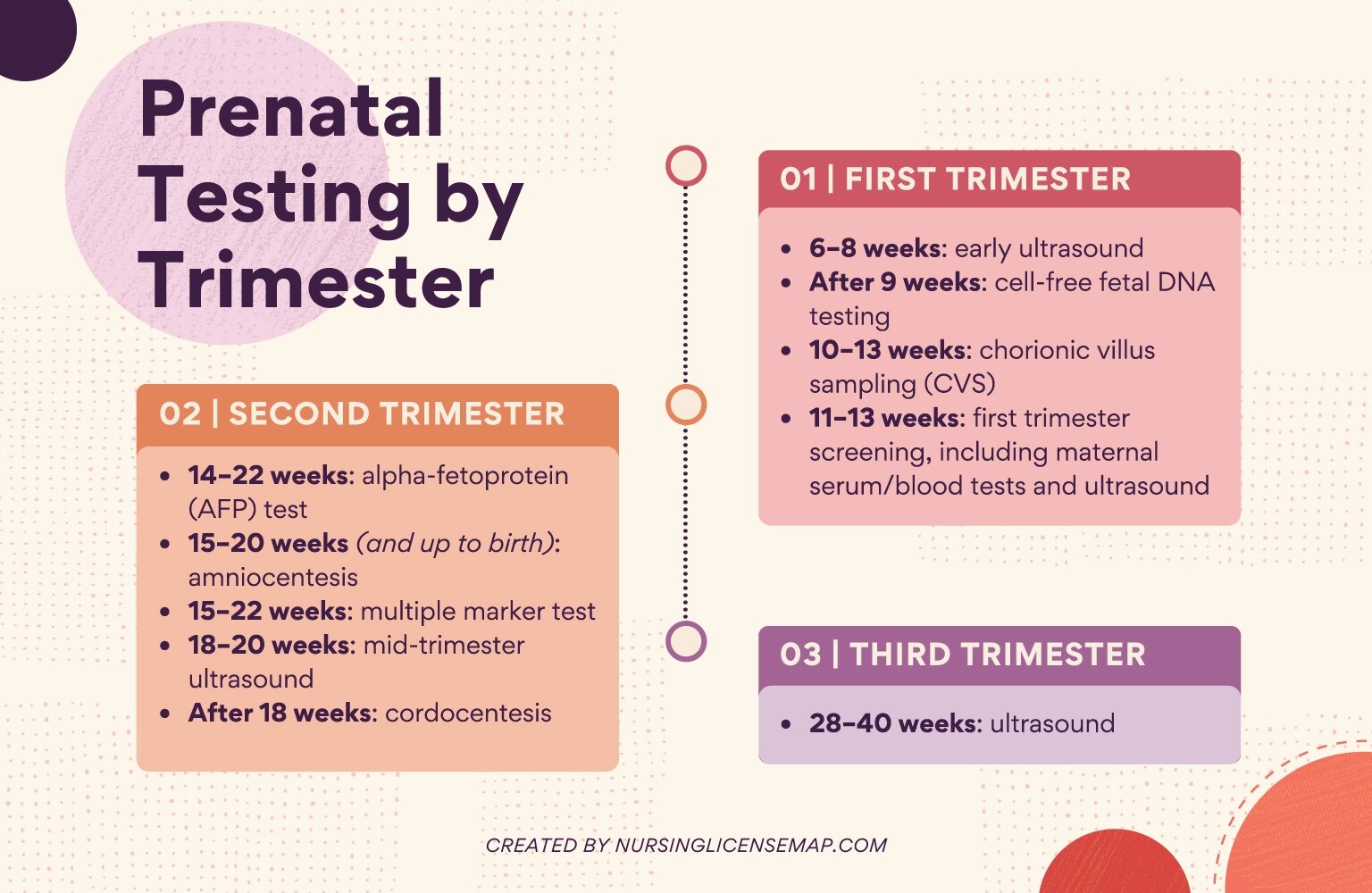
The Role of Genetic Testing in Prenatal Care: Benefits and Considerations
Introduction
Prenatal care is a crucial aspect of ensuring the health and well-being of both the mother and the developing fetus. Genetic testing has emerged as a powerful tool in prenatal care, providing valuable information about the potential genetic risks and health outcomes of the baby. This article explores the role of genetic testing in prenatal care, discussing its benefits, considerations, and ethical implications.
Benefits of Genetic Testing
1. Early Detection of Genetic Conditions:
Genetic testing can detect genetic conditions that may not be apparent through physical examination or ultrasound. Early detection allows for timely intervention, treatment, or preparation for the birth of a child with special needs.
2. Risk Assessment and Counseling:
Genetic testing can assess the risk of a couple having a child with a genetic condition based on their family history and genetic makeup. This information empowers couples to make informed decisions about their reproductive options.
3. Personalized Treatment Plans:
Genetic testing can guide personalized treatment plans for pregnant women and their babies. For example, if a genetic condition is detected, specific prenatal interventions or therapies can be implemented to improve the health outcomes of the fetus.
4. Peace of Mind:
For couples with a family history of genetic conditions, genetic testing can provide peace of mind by confirming the absence of certain genetic risks or identifying potential risks that can be managed.
Considerations
1. Accuracy and Limitations:
Genetic testing is not always 100% accurate. There may be false positives or false negatives, which can lead to unnecessary anxiety or missed diagnoses. It is important to understand the limitations of genetic testing and interpret results cautiously.
2. Psychological Impact:
Receiving genetic information can have a significant psychological impact on couples. The potential for genetic risks or the diagnosis of a genetic condition can evoke feelings of anxiety, guilt, or grief. Genetic counselors play a crucial role in providing emotional support and guidance.
3. Privacy and Confidentiality:
Genetic information is highly sensitive and personal. It is essential to ensure the privacy and confidentiality of genetic test results. Genetic counselors and healthcare providers have a responsibility to protect this information.
4. Ethical Implications:
Genetic testing raises ethical considerations related to the use and interpretation of genetic information. Issues such as genetic discrimination, reproductive autonomy, and the potential for genetic engineering need to be carefully considered.
Types of Genetic Tests
Various types of genetic tests are available in prenatal care:
1. Non-Invasive Prenatal Testing (NIPT):
NIPT is a blood test that screens for common genetic conditions, such as Down syndrome, Trisomy 18, and Trisomy 13. It is typically performed between 10 and 14 weeks of pregnancy.
2. Chorionic Villus Sampling (CVS):
CVS is a procedure that involves taking a small sample of tissue from the placenta. It is usually performed between 10 and 13 weeks of pregnancy and can detect a wider range of genetic conditions than NIPT.
3. Amniocentesis:
Amniocentesis involves withdrawing a small amount of amniotic fluid from the uterus. It is typically performed between 15 and 20 weeks of pregnancy and can detect a wide range of genetic conditions, including chromosomal abnormalities and single-gene disorders.
Conclusion
Genetic testing is a valuable tool in prenatal care, providing information about potential genetic risks and health outcomes of the baby. It can facilitate early detection, risk assessment, personalized treatment plans, and peace of mind. However, it is important to consider the accuracy, psychological impact, privacy, and ethical implications of genetic testing. By carefully weighing the benefits and considerations, couples can make informed decisions about whether genetic testing is right for them.